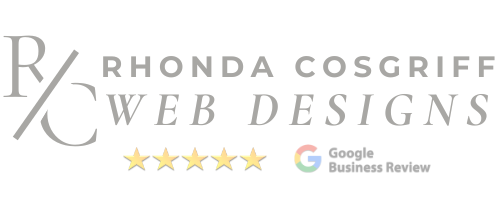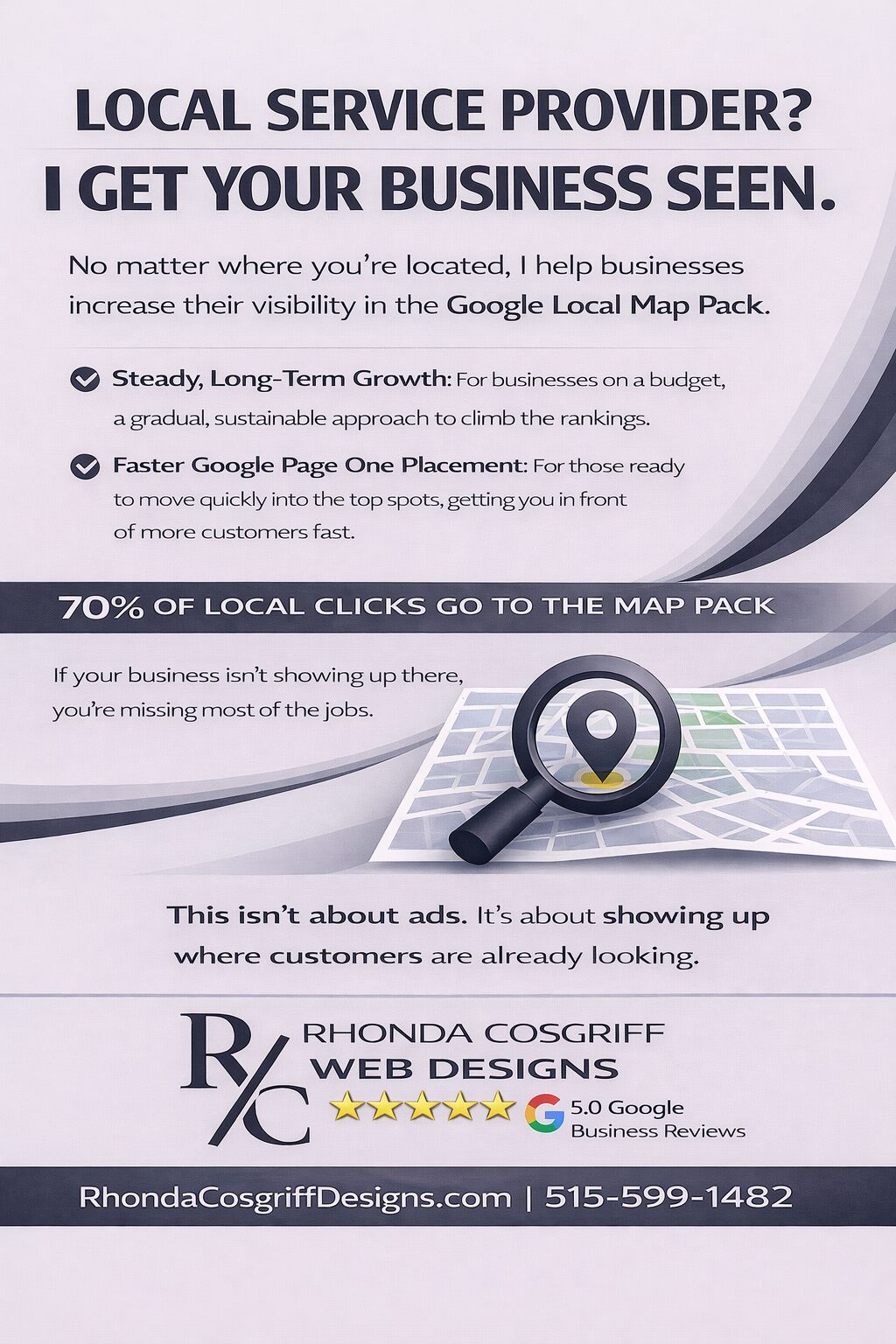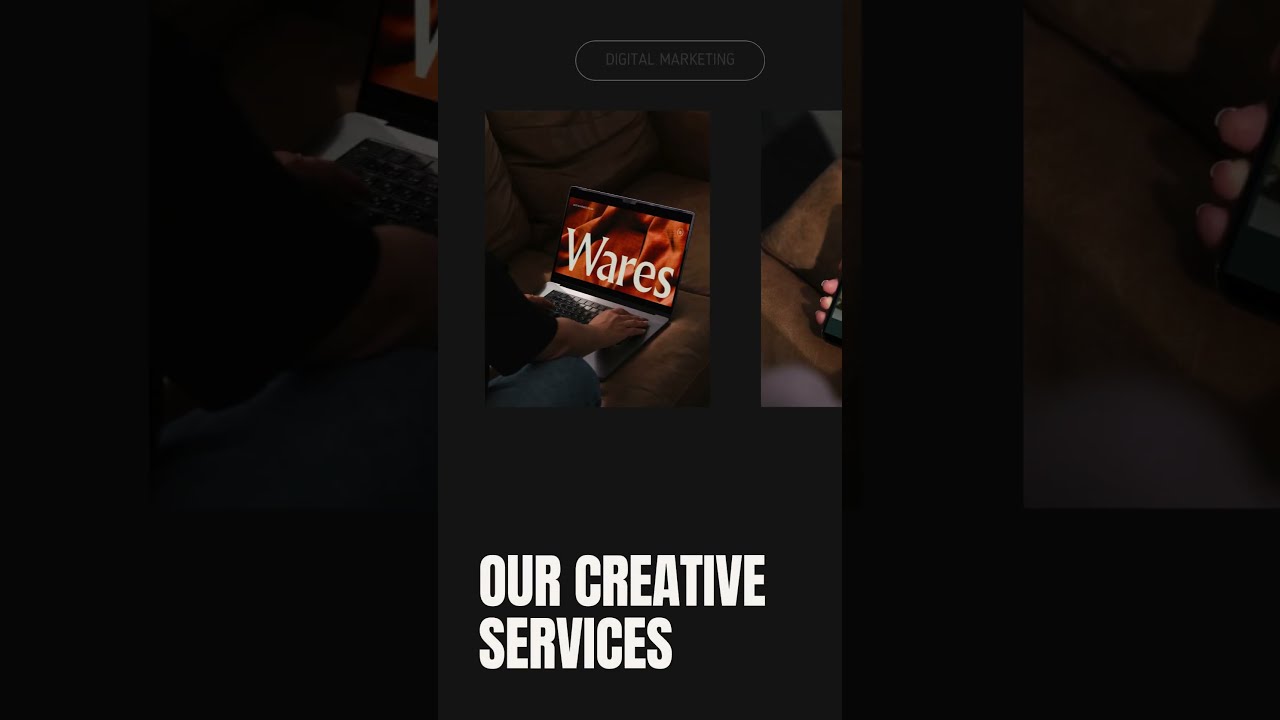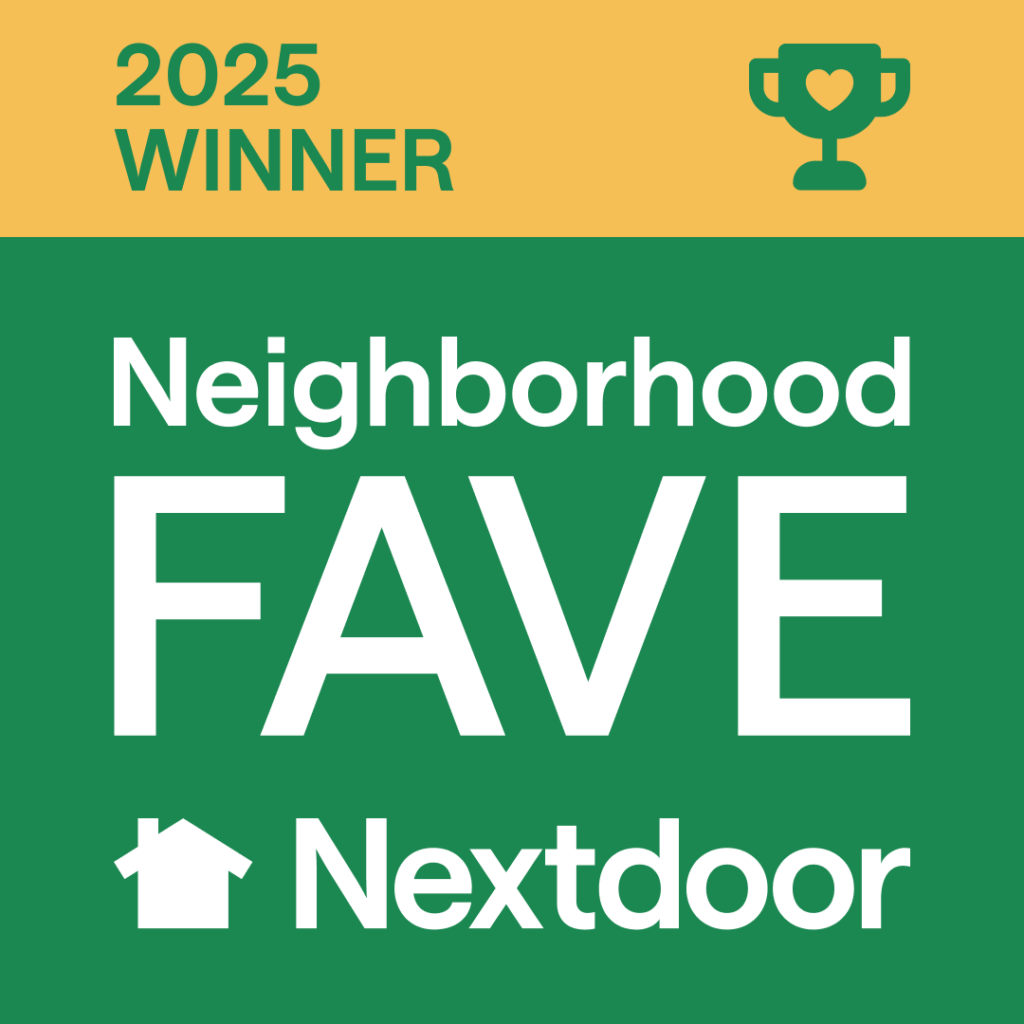As a web developer and digital marketer, I’ll say this plainly:
I don’t recommend wasting your money advertising on Meta.
Facebook and Instagram are rented platforms. You don’t own your page, your reach, your following, or your audience. Meta does. They can — and have — changed the rules overnight. The July 2025 Andromeda algorithm update is the perfect example of why building your business on someone else’s property is a dangerous game.
The Timeline: From Quiet Rollout to Total Meltdown
Meta began quietly rolling out its Andromeda retrieval engine in December 2024, but it didn’t go fully live until July 2025 — and that’s when advertisers everywhere started to panic.
The result? Chaos.
Cost-per-click (CPC) and cost-per-lead (CPL) shot in every direction. Campaigns that had been steady for months became completely unpredictable. The benchmarks advertisers had relied on for years vanished overnight.
Businesses who depended on Facebook and Instagram ads for their lead flow suddenly had to rethink their entire strategy. Many shifted from message-based ads to book-a-call funnels just to keep any kind of traction.
The message was clear: Meta flipped the switch, and advertisers paid the price.
What Meta Says vs. What Advertisers See
According to Meta’s own write-up, “Meta Andromeda: Supercharging Advantage+ Automation with the Next-Gen Personalized Ads Retrieval Engine”, this update was designed to improve personalization and ad relevance.
What really happened is that Meta rebuilt the core of its ad-matching system — and in doing so, it reset the entire ecosystem advertisers had learned to master.
The retrieval system is what decides which ads appear for which people. Andromeda uses advanced neural networks and massive AI processing power to make those decisions in real time. But that new intelligence broke the old playbook completely.
The Death of the Hook — and the Rise of “Creative Diversity”
Before Andromeda, advertisers could run a few solid creatives with slightly different hooks and still hit good numbers. That’s how you tested copy. You could find the angle that resonated, scale it, and keep consistent results.
That doesn’t work anymore.
Andromeda doesn’t reward micro-variations. It prioritizes what Meta now calls “creative diversity.” That means your ads must be completely different concepts — not just reworded hooks.
If you’re still testing one ad with three hook variations, you’re wasting your time (and your budget).
Here’s what works now:
Different concepts – unique storylines or offers.
Different angles – varied emotions, problems, or benefits.
Different formats – short vs. long, video vs. carousel, horizontal vs. static.
Different personas – ads that speak to different types of people altogether.
The algorithm now personalizes which ad version a person sees. So the targeting doesn’t happen in your ad set anymore — it happens inside the ad itself.
Targeting Has Moved Into the Ad
Andromeda basically eliminated the precision targeting advertisers once obsessed over. Age, gender, and interest layering don’t carry the same weight they used to.
Instead:
Keep ad sets broad.
Focus on ads that speak clearly to the right people.
Let Andromeda decide which ad fits which audience segment.
Use Advantage+ defaults for placement and delivery.
These automated systems are built to work with Andromeda. And if you’re still manually fighting them, you’re fighting the machine instead of feeding it.
Campaign Structure Got Simpler — But the Work Got Harder
Meta’s old advice used to be: build complex campaign structures, break things into ad sets, and test granularly.
Now, you only need one campaign per goal — because the heavy lifting happens at the ad level.
So yes, the setup is simpler. But the creative strategy is more demanding than ever. You can’t trick the system anymore. You have to actually create diverse, thoughtful ads that speak to real people.
And honestly? If you’re going to put in that much work, you’d be better off doing it on your own platform, where it builds long-term SEO authority and brand visibility — not on a leased platform where everything disappears the moment the algorithm changes.
The Pixel Problem: Quality Over Quantity
Another huge factor in Andromeda’s chaos is pixel conditioning.
If your pixel isn’t sending back qualified lead data, Meta’s AI can’t distinguish a good lead from a bad one. That means it starts optimizing for junk traffic — clicks that don’t convert and leads that go nowhere.
Advertisers now have to:
Optimize for the right event (not just “leads” — focus on real conversions).
Filter out low-quality leads by adding friction to the funnel.
Make it crystal clear what a qualified lead looks like in your event setup.
You want quality leads, not just more leads. And that means tightening your funnel and being intentional about what data you feed back to the system.
The Quiet Removal of Ad Limits
Back in February 2025, Meta quietly dropped its old recommendation of “no more than six ads per ad set.”
Now you can technically run dozens of ads — but that doesn’t mean you should. The point is still diversity, not quantity. Uploading 30 near-identical creatives will do nothing. Meta’s retrieval engine wants real variety — totally distinct ideas.
The Bigger Picture: Stop Building on Rented Platforms
Andromeda is the latest reminder that Meta’s system doesn’t work for you — it works for Meta.
Every update, every automation feature, every algorithm tweak is designed to keep you dependent and keep you spending. The minute they change their rules, your results — and your reach — can vanish.
So instead of chasing temporary clicks, start investing in your domain:
Build your website’s SEO authority.
Publish high-value content that lives on your server.
Use social media only to drive traffic back to your site, not the other way around.
When you build organic visibility, you build something no algorithm can take from you.
Final Thoughts
The Meta Andromeda update is more than just another algorithm tweak — it’s the nail in the coffin for predictable ad performance. If you’re still relying solely on Meta ads to sustain your business, it’s time to pivot.
Spend your energy where it counts: on the platforms you actually own and ones where people with commercial intent are looking.
Because when Meta flips another switch — and it will — you’ll be the one left holding the bill for attention you never really owned. I talk about the experience being deplatformed in Nov 2019 a lot and how I work to hedge against it for myself and my clients.
Discover more from Rhonda Cosgriff Web Designs
Subscribe to get the latest posts sent to your email.









